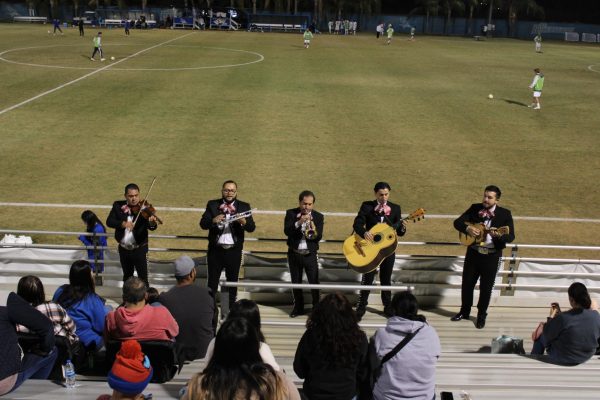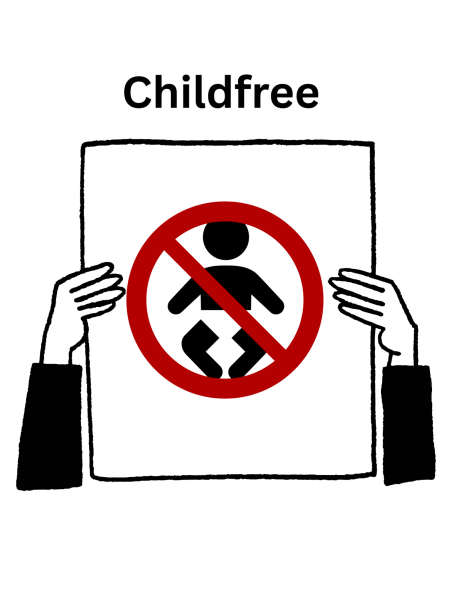A real game-changer: student athletes and mental health
November 15, 2022
In an essay titled “I’m Still Here,” published in The Players’ Tribune, NBA superstar John Wall pens an emotionally gripping letter. Wall talks about his struggles dealing with mental health and is transparent talking about his constant suicidal thoughts. Wall explains that he wrote the essay in hopes that it will encourage others, especially athletes, to seek help and know that they are not alone. John Wall is one of the biggest athletes in the nation, and yet, mental health issues still affect him like any other human being.
Student athletes already have to deal with the pressures of being a student with stresses about exams and getting good grades, but on top of that, they also deal with the constant pressures of being an athlete. If an athlete does not seek help or communicate with someone they trust, it can prove detrimental for their mental and physical health. It is important for student athletes to know and realize that their issues are human, and it is important to seek help and know that the resources available are there to help.
Jessie Rogge, an associate athletic trainer and mental health coordinator at CSUB, knows the importance of mental health and strives for all student athletes to know who she is and know the resources available for them. Just a year ago, CSUB partnered with Athlete Mental Health L*I*N*K and AthMindset hoping to specifically help athletes find the resources and help to understand what they are going through. Rogge went into detail about the benefits of the partnerships and described how the Athlete Mental Health L*I*N*K app has proved helpful and convenient for any athlete dealing with issues. With the app, athletes can hear stories, listen to podcasts, and discover what issues they are dealing with to better address them.
In addition, she commended the growing resources for mental health but did not feel like they have reached their goals and knows there is still work to do. Rogge recognizes that the students can turn to her, their coaches, or the counseling center, but she hopes that CSUB can hire a sports psychologist in the near future to better assist the student athletes. Nevertheless, she does see that colleges and universities are beginning to prioritize mental health, which is an important step in the right direction.
Madi Gray, a diver in her junior year and an ambassador of The Hidden Opponent, which is a non-profit student athlete organization that helps raise awareness on mental health, urges athletes to “not do it alone” and to have a support system that can help them communicate. She understands that “sometimes it becomes hard to remember that you are just a person,” but that student athletes need to find that one person they trust and start feeling comfortable talking about their issues.
Timothy Engel, a sophomore on the swim team, also urges athletes to “say something and start talking about it” rather than letting the feelings bottle up or the athlete could risk losing themselves. One resource he adamantly refers to is athletic teammates who are like “brothers and sisters” that athletes can talk to, or at the least be led to the right person or counselor to help.
With more and more athletes becoming public and transparent with their issues, mental health has become a focal point and athletes should know that they truly aren’t alone. There are an abundance of resources and tools that are already in place, but colleges and universities should continue to strive to make all athletes feel comfortable and make mental health a normal conversation to have.






